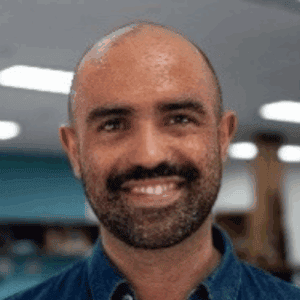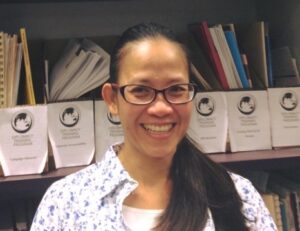Thursday 29th May, 2025
1.00pm-2.00pm AEST
Rapidly emerging digital technologies are transforming all aspects of our societies, relationships between governments and individuals, governments and businesses and individuals. Immense potential benefits come with significant risks for everyone’s human rights, posing major questions of governance and how human rights are to be respected, protected and fulfilled in and from the digital world. These questions are urgent for human rights defenders and human rights movements.
This first webinar in a series of three, focused on some of the negative impacts of digital technologies and the corporations driving their development and adoption. Concerns about discrimination, privacy, cyberbullying, misinformation, disinformation, and widening digital inequality have grown. The lack of accountability and effective regulation was a key driver for the adoption in 2024 of the UN Global Digital Compact. This webinar looked at some of the key human rights issues in South East Asia, and helped to build awareness of the UN Global Compact as a response, and explore whether it is a tool that human rights defenders can use.
Nenden Sekar Arum of SAFENET drew from her experience on the frontline of these issues in South East Asia to share some of the key issues. David Mejia-Canales outlined how similar issues globally, including of effective governance of the private sector, led to the adoption of the UN Global Compact. In building awareness of the UN Global Compact both speakers addressed whether is in an adequate response to the human rights risks posed by the digital world – and shared thoughts on how it can be used.

Nenden Sekar Arum leads the Southeast Asia Freedom of Expression Network (SAFEnet), advocating for digital rights and against online gender-based violence. Based in Indonesia, she has a journalism and data analysis background, having worked with various media outlets, including Bisnis Indonesia. Nenden is an alumna of DTP.

David Mejia-Canales is a senior lawyer at the Human Rights Law Centre. He represented HRLC and introduced its report, Rights-First: Principles for Digital Platform Regulation, to Federal Government. He has been a policy adviser in the Commonwealth Parliament working on legal system reform and on justice issues impacting First Nations people. He played an active role in campaigns for Indigenous rights at the National Aboriginal and Torres Strait Islander Legal Services.
 Dr Indriaswati Saptaningrum, PhD UNSW, lecturer at Atma Jaya Catholic University of Indonesia and one of Indonesia’s most experienced defenders of human rights. Dr Saptaningrum is an alumna of DTP.
Dr Indriaswati Saptaningrum, PhD UNSW, lecturer at Atma Jaya Catholic University of Indonesia and one of Indonesia’s most experienced defenders of human rights. Dr Saptaningrum is an alumna of DTP.
Alumni listed with this symbol have a detailed profile – click to view.
DTP acknowledges the traditional custodians of the land on which we work, the Bedegal people of the Eora Nation. We recognise their lands were never ceded, and we acknowledge their struggles for recognition and rights and pay our respects to the Elders – past, present – and the youth who are working towards a brighter tomorrow. This continent always was and always will be Aboriginal land.
Aboriginal and Torres Strait Islander peoples should be aware that this website contains images or names of people who have passed away.
DTP acknowledges the traditional custodians of the land on which we work, the Bedegal people of the Eora Nation. We recognise their lands were never ceded, and we acknowledge their struggles for recognition and rights and pay our respects to the Elders – past, present – and the youth who are working towards a brighter tomorrow. This continent always was and always will be Aboriginal land.
Aboriginal and Torres Strait Islander peoples should be aware that this website contains images or names of people who have passed away.
Privacy Policy | Terms of Use | Disclaimer | Policies
© 2022 Diplomacy Training Program | ABN 31 003 925 148 | Web Design by Studio Clvr